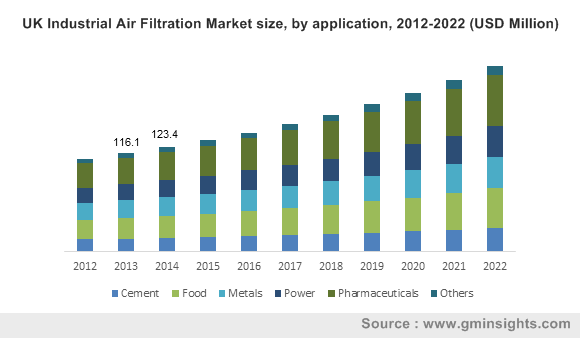Exactly How Weather Elements Impact Heat Pump Procedures And Practical Measures To Address These Obstacles
Exactly How Weather Elements Impact Heat Pump Procedures And Practical Measures To Address These Obstacles
Blog Article
Material Written By-Jacobs Crabtree
When it comes to your heat pump, climate plays an essential duty in its performance. From freezing temperatures to sweltering heat, each aspect can affect how effectively your system runs. However what can installation do to combat these weather-related challenges and ensure your heatpump is working at its finest? Keep tuned to find functional tips and methods to enhance your heat pump's performance, despite the weather it deals with.
Climate Variables Influencing Heatpump Performance
Climate factors have a significant effect on the performance of heat pumps. One vital variable is temperature level. Heatpump function by moving warmth from outdoors to within during winter season and the other way around in summer season. As temperatures decline, it becomes harder for the heatpump to extract heat from the outside air, minimizing its efficiency.
Another key element is moisture. air conditioning repair service can make it extra tough for the heatpump to launch warmth during the cooling process.
In addition, wind speed contributes. Strong winds can dissipate the heat absorbed or launched by the heatpump, affecting its overall efficiency.
Tips for Optimizing Heatpump Efficiency
To improve the efficiency and durability of your heatpump, executing a couple of key techniques can make a significant distinction in its performance.
To start with, guarantee normal upkeep by cleansing or replacing filters every 1-3 months to stop air flow clogs and maximize air movement. Additionally, routine annual professional examinations to identify and address any kind of prospective concerns early.
Ideal thermostat setups additionally play a critical duty. During the winter, go for a temperature setup that's as reduced as comfy, and throughout the summer, established it as high as comfortable to minimize the work on your heatpump. Making use of a programmable thermostat can help you instantly change setups based on your timetable.
Moreover, securing leaks in ductwork and shielding air ducts in unconditioned spaces can prevent power loss and enhance general system efficiency.
Last but not least, think about setting up a smart thermostat that can learn your routines and adjust setups as necessary, more optimizing your heatpump's efficiency. By adhering to these pointers, you can guarantee your heat pump runs efficiently and properly throughout the year.
Best Practices for Weatherproofing Your Heat Pump
For ideal efficiency and effectiveness of your heat pump, applying weatherproofing steps is essential. Beginning by sealing any type of gaps or fractures around doors, home windows, and ductwork to prevent heat loss and keep a consistent indoor temperature level.
Shield exposed pipes and ducts to prevent freezing during winter and make sure appropriate air movement. Consider setting up a protective cover over the outdoor device to secure it from extreme weather condition components like snow, ice, and particles.
On a regular basis clean the exterior unit to get rid of dust, leaves, and particles that can obstruct air movement and reduce performance. Additionally, keep the area around the heat pump free from snow, ice, and plants to permit appropriate ventilation.
Final thought
Now that you comprehend just how weather condition impacts your heatpump efficiency, you can take positive actions to maximize its effectiveness. By following air conditioning installation canterbury laid out in this short article, such as regular upkeep, thermostat modifications, and weatherproofing actions, you can ensure that your heatpump operates at its best regardless of the weather. Stay ahead of the game and maintain your home comfortable all year round.
